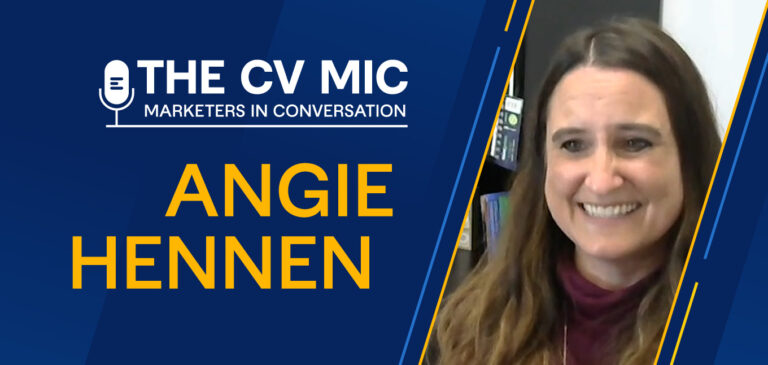No matter how many years you’ve worked as a professional writer, how many classes you’ve taken, degrees you’ve earned, or bylines and clients you’ve landed — we all make mistakes. And sometimes, it’s the same errors over and over again.
Personally, I’ve been writing and editing for 12 years, and there are still some grammar and spelling mishaps I make regularly. Like, writing far beyond a word count and needing to cut back significantly before submitting to my editor. Or putting in far too many commas when I don’t need them.
5 writers share the grammar and writing mistakes they always make
Many writers rely on spellcheck, tools like Grammarly, and other wordsmiths to be their second pair of eyes. And that’s healthy since no professional is perfect, 24/7. If you give yourself a hard time for making the same typos or word mixups, try to let it go. Here, other writers share their own struggles, so you know you’re definitely not alone.
1. Less than vs. fewer than
As writers, it’s easy to spot grammar mistakes in advertisements, television programming, and other areas. But in our own writing? Sometimes we need to take a pause and see if we’re using the correct language.
Though freelance lifestyle reporter Wendy Rose Gould feels like she has the hang of it now, for a while she mixed up ‘less than’ and ‘fewer than.’ To ensure she didn’t use the incorrect word choice, she would slow down and ask herself ‘Is this something that’s quantifiable?’ If it was, she knew ‘fewer’ was the winner.
2. Two spaces too many.
Not all journalism is words. In fact, as freelance writer Aly Walansky proves, part of the gig is formatting. While double-spacing is recommended in academia, the single space is preferred in articles and content marketing assignments. Sometimes when Walansky types too fast, she puts far too many spaces between sentences or words. To fix it, she uses good ‘ole fashioned ‘find’ and ‘replace.’
3. Overused phrases.
For freelance lifestyle journalist Maressa Brown, grammar and spelling aren’t her kryptonite but getting stuck on using the same phrases as a crutch is. When you’re submitting dozens of pieces per month, it’s an easy habit to develop.
“It was keeping certain things ‘at bay’ for a long time, and recently, I can’t seem to get over ‘you’ll do well to [fill in the blank],” she shares. She’s still figuring out a solution, but for now, a conscious effort to switch up verbiage is her goal.
4. A tricky job to spell.
Despite her extensive experience writing in the beauty and wellness sphere, there is one title that freelance writer and content strategist Jenn Sinrich can’t nail: ‘esthetician.’ Even as she responded to our questions, she had to Google to ensure her spelling was correct. She doesn’t know why the word trips her up so much, but she’s accepted it. “I heavily rely on autocorrect and sometimes extra Googling to make sure it’s written properly,” she shares.
5. Subject-verb agreement struggles.
While writing, freelance writer and editor Katrina Dix has a tendency to rephrase and add new thoughts. It’s part of the creative process, but it also means she has to double-check her subject-verb agreement. She pays close attention to long-looking sentences, as they are often culprits.
“The error is so simple it’s a little embarrassing, but I think that’s the reality of professional writing,” she continues. “We don’t get to pick our mistakes, but we can choose to practice the attention to detail to resolve them.”
If you need help perfecting your grammar, use apps made for writers, like Grammarly. It will point out errors like the above in any written text, from blog posts to email marketing.






